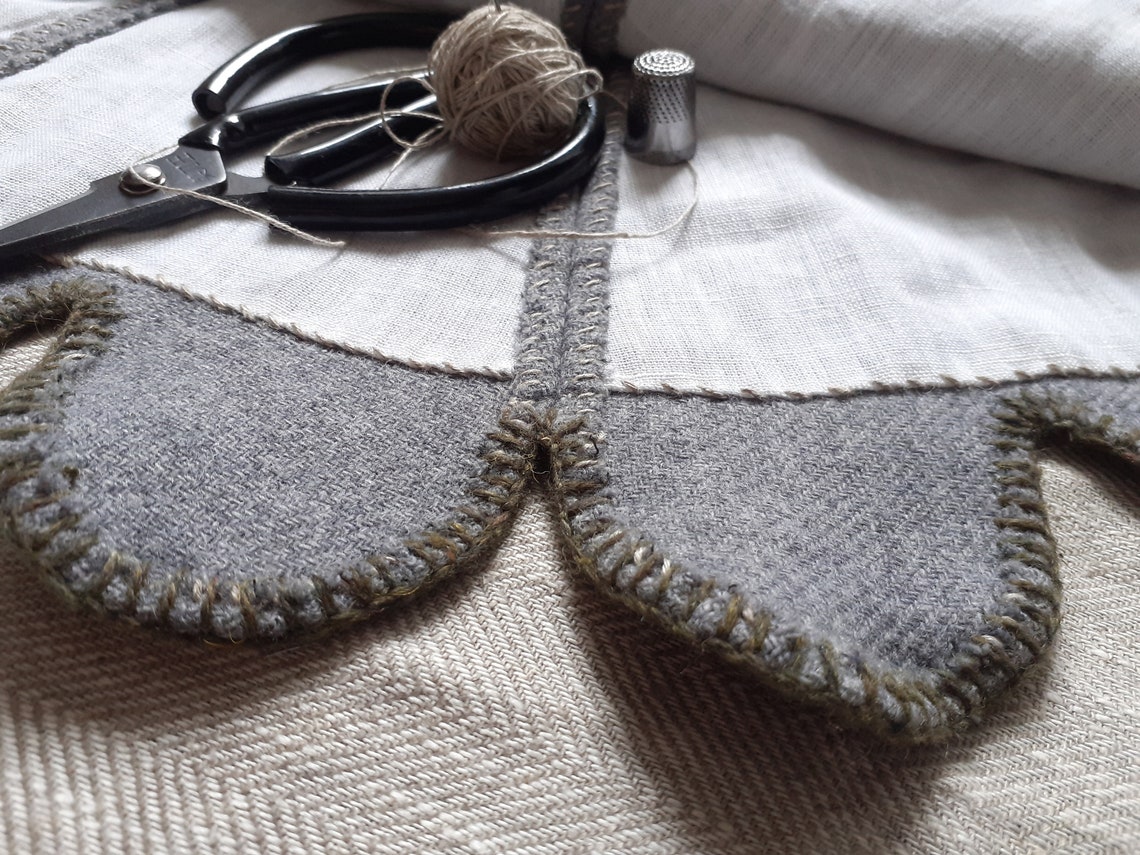

( biochemistry ) A protein that assists the non-covalent folding/unfolding and the assembly/disassembly of other macromolecular structures, but does not occur in these structures when the latter are performing their normal biological functions.An older person who accompanies other younger people to ensure the propriety of their behaviour, often an older woman accompanying a young woman.( General American ) IPA ( key): /ˈʃæ.pəˌɹoʊn/ Consequently, spelling variations in names are frequently found in early Anglo-Saxon and later Anglo-Norman documents.(And in balcony, it was respelled to -ony). So English words taken from Italian often are spelled with a final e, which in many words is pronounced as a separate vowel (such as in minestrone) but in some words is silent, or optionally silent ( trombone, provolone, calzone).

This differs for example from apron /ˈeɪprən/ which had the same suffix in French but was borrowed earlier and now has a reduced schwa vowel (or a syllabic nasal) in English.Īnother possible source of confusion is that the Italian augmentative suffix - one is spelled with an e. All the dictionaries I've found say that the primary stress in chaperon(e) falls on the first syllable, but some transcribe secondary stress on the third, and all seem to agree that it has an unreduced vowel (the Oxford English Dictionary gives the following three pronunciations: /ˈʃapərɒn/ /ˈʃapərɔːn/ /ˈʃapərəʊn/). A chaperone is someone who accompanies another person somewhere in order to make sure that they do not come to any harm. For most of these words, it seems to be connected to the stress or vowel quality of the last syllable. An "extra" e also occurs in some words taken from other languages such as German ( chorale, ketone). There are other words from French that don't refer to female people, but have definitely have gained an e, such as morale, locale, ladrone (the last one seems to be also taken from Spanish ladrón). eron shap- uh-rohn See synonyms for: chaperone / chaperoned on noun a person, usually a married or older woman, who, for propriety, accompanies a young unmarried woman in public or who attends a party of young unmarried men and women. If this is the actual origin of the spelling, I guess it would make it doubly erroneous now, since in modern usage the word is often gender-neutral.īut it's not clear that the e was intended to be a feminine termination.

Spell it chaperone, apparently under the supposition that it requires

Surprisingly to me, the Oxford English dictionary treats "chaperone" as merely a common error for "chaperon", not even listing it alongside the other variant spellings such as chapperoon, shaparoon, shaparowne. (I excluded the spoken sections.) So there are clearly some differences across time and space, but chaperon is actually older or more British or both it's definitely not a new American simplified spelling. (F) All of the teachers are expected to sign up as chaperones for the prom. Chaperone can also be spelled chaperon, without the e. The Corpus of Contemporary American English (COCA) has 277 instances of chaperone and 60 instances of chaperon from 1990 to 2015. A chaperone is someone who looks after and supervises another person or a group of people. The BYU-BNC British National Corpus has 32 instances of chaperon and 32 of chaperone from the 1980s to 1993. The corpora I checked indicate that both forms are used on both sides of the Atlantic.


 0 kommentar(er)
0 kommentar(er)
